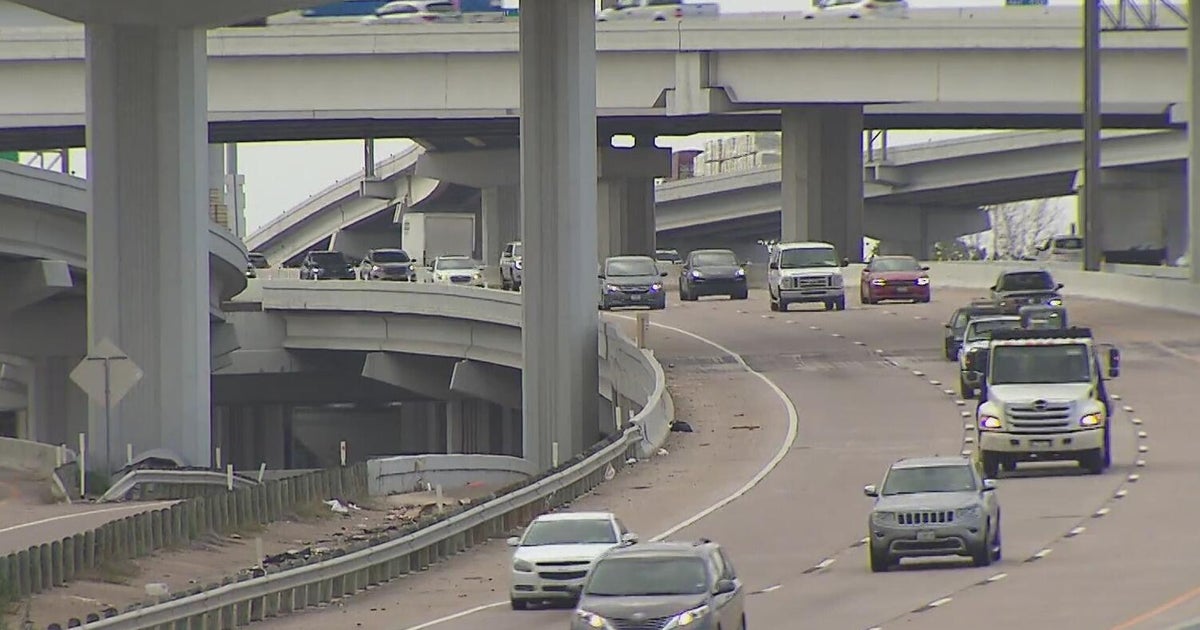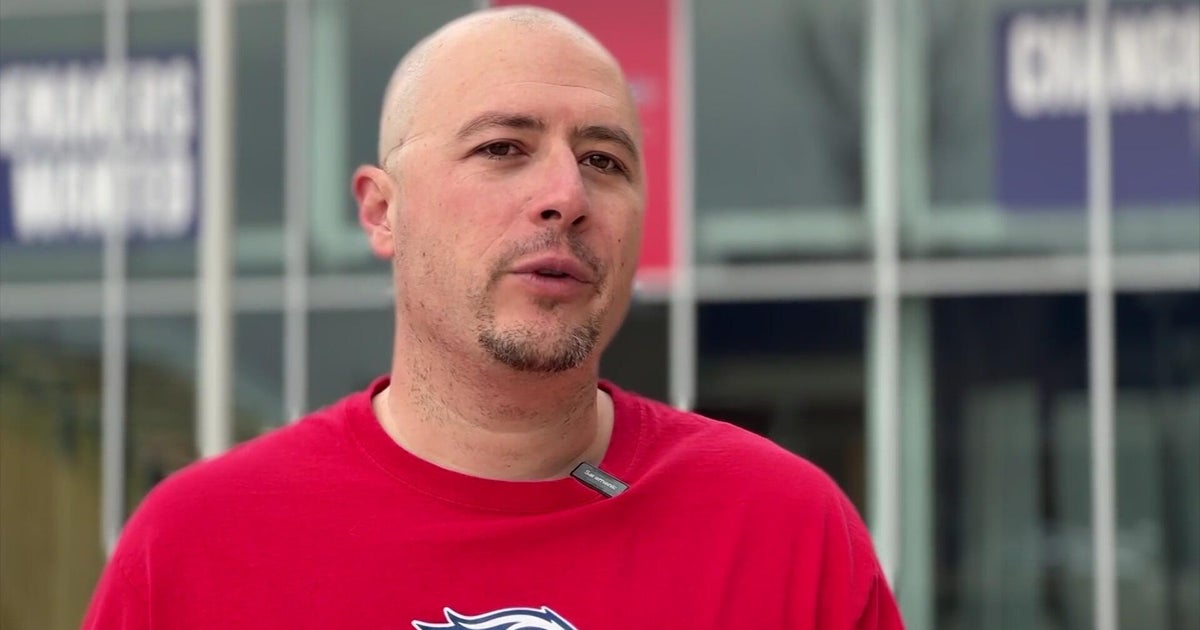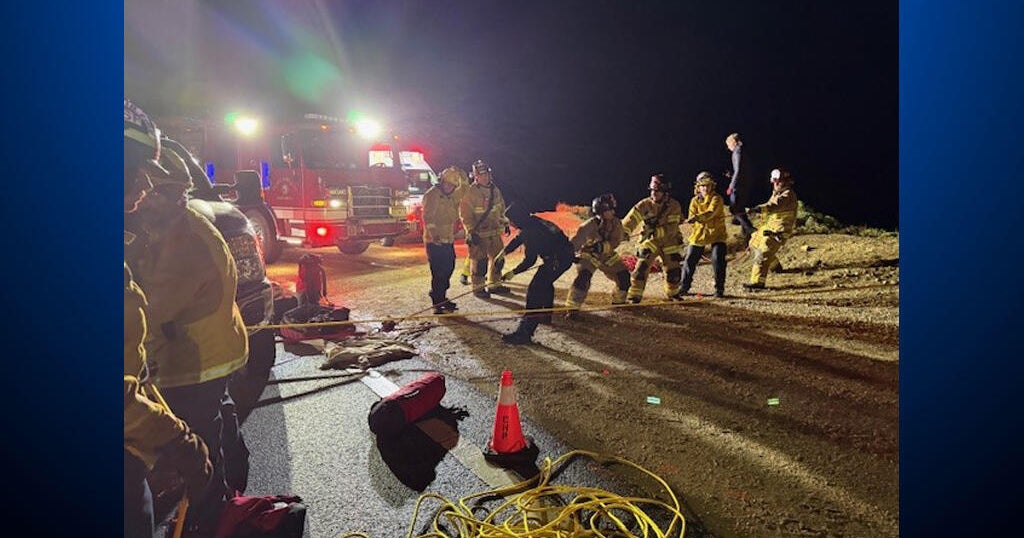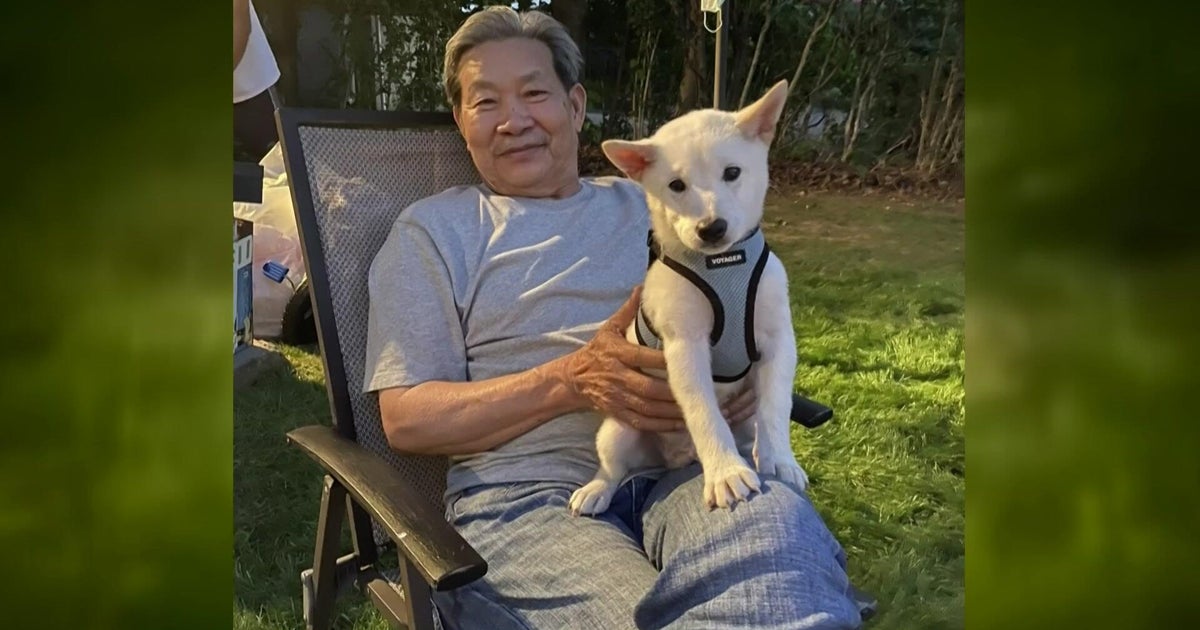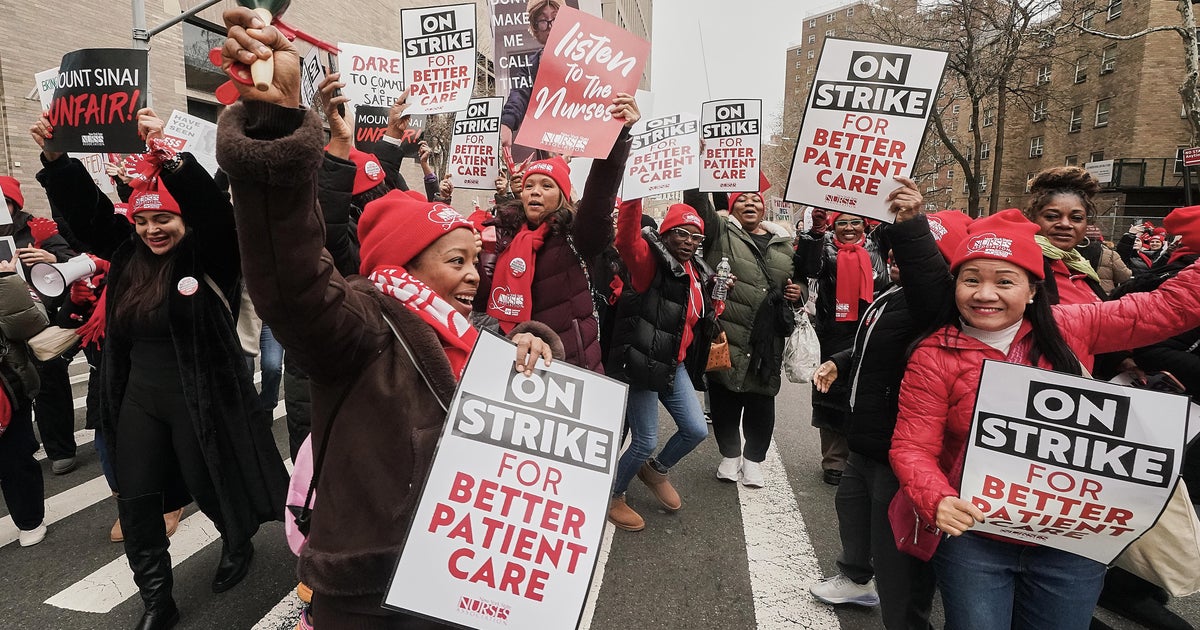Lhota, New NYCTA Boss Byford Talk About Big Plans For Improvements
NEW YORK (CBSNewYork) -- Metropolitan Transportation Authority Chairman Joe Lhota recently returned to the organization to deal with crowded cards, track fires, a failing signal system, and daily delays.
CBS2 Political Reporter Marcia Kramer talked with Lhota about the work he has cut out for him.
Extended Interview: MTA Chairman Joe Lhota
It may be hard for beleaguered straphangers to believe, but Lhota said the fix is in – the big fix. He said major improvements are right around the corner.
"The summer of 2018, people will, I believe, see a change," Lhota said. "They'll see a significant reduction in the number of delays."
One key to that bold promise is the decision to hire Toronto's Andy Byford to run the New York City Transit Authority.
Extended Interview: New NYCTA President Andy Byford
Byford told Kramer he got the job because: "I'm a change agent, and I'm coming in with a fresh pair of eyes, and I'm going to shake things up."
Byford will face a system plunged into crisis by years of neglect and poor decisions by elected officials for decades. He said one move will be "proactively maintaining equipment – not reactively. I'd like to move to fix before failure rather than fix on failure."
Lhota said Byford is up to the task of running a system much bigger than Toronto's – nearly 6 million daily riders in New York versus 2.7 million in Toronto, and 472 stations in New York compared with 69 in Toronto.
"Wherever you're going to get experience, it's going to be smaller than New York City," Lhota said. "(Byford) understand it's not just how do you get all the trains to run on time; how do keep them clean; how do you serve all your customers? He's got good political skills."
And with Gov. Andrew Cuomo and Mayor Bill de Blasio to deal with, Byford remains undaunted.
"It's the toughest job in transit right now," Byford said. "Lots of criticism of New York doesn't faze me. I like a challenge."
Lhota said progress has already begun. There have been 16 fewer major incidents in October than in June, and track fires are down dramatically – 23 in September compared with 41 the year before.
There has also been a 23 percent drop in signal failures.
Still, the big change will mean the need for big-money – to the tune of billions. The MTA is waiting for proposals from a committee named by Cuomo, which may mean congestion pricing – tolling the East River bridges.
"There's political back-and-forth as to what to do, but you know, I've yet to meet anybody who is saying that the MTA doesn't need additional sources of revenue," Lhota said.
And in another development, Lhota said the MTA has received more than 400 proposals under its Genius Grants program. Seventy of them are looking really promising for sending more trains down the track.
To underscore the point, Byford said he does not intend to let straphangers down.
